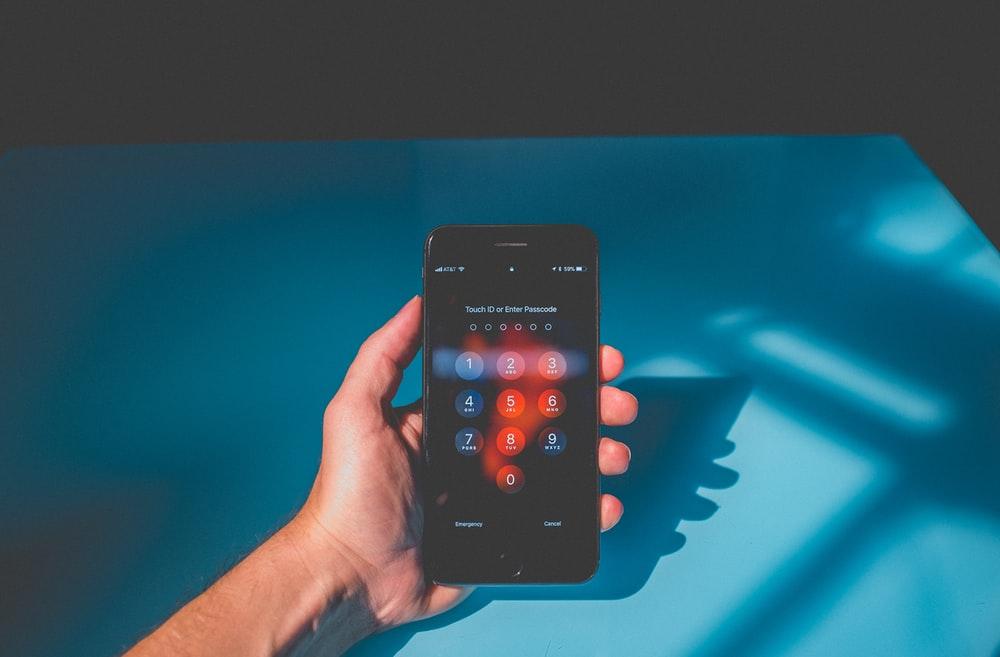Cybersecurity
5 Cyber Security Trends You Can’t Ignore in 2021
Because few people foresaw the dramatic developments of the past year, cybersecurity experts clarified several cybersecurity trends that persisted or even increased amid global uncertainty.

Because few people foresaw the dramatic developments of the past year, cybersecurity experts clarified several cybersecurity trends that persisted or even increased amid global uncertainty.
This story will dive into several cybersecurity trends that pose a considerable potential risk in 2021 and provide practical advice to help entities minimize overall risks.
For most tech corporations, the first quarter of 2021 is just another cybersecurity crossroad. Currently, they’re shifting staff back into the office and managing the risks and the outcomes of WFH policies at the same time.
For cybercriminals, on the other hand, this opens a door.
We’ve seen how the proliferation of remote work has resulted in undetected security susceptibilities, which will impact the corporate world in the months ahead. But it’s not all bad news.
This year should also bring new automation opportunities to help companies in the ongoing struggle to more with less. But before that, let’s explain how these cybersecurity threats impact individuals and companies alike and what you can do to be more digitally secure.
Table of Contents
1. Lockdown Defines the New Business Style
As companies have shifted their employees to flexible models or full-time work from home models, so have the attack areas. Cybercriminals take advantage of current events and shifting circumstances to exploit those who are the most susceptible.
There is a big chance you have already come across a text message or email scam linked to the COVID-19 pandemic. That, or countless charity agencies that claim to be supporting front-line employees. Or even worse, those who pretend to sell essentials like protective masks, hand sanitisers, or food.
The concerning truth is that cybercrime as a whole has peaked at 600 per cent since the outburst of the global pandemic.
There’s a ruling uncertainty that doesn’t seem to end. As we continue to wait for the future of the pandemic and restrictions, the only certain thing is cybercrime.
Restrictions have permanently altered the business space, but shockingly, productivity has increased by 47 per cent YOY despite WFH policies. That, however, is another reason for the corporate world to discuss security needs.

2. Ransomware – All-Time High
Expect to see the ongoing growth of ransomware and monetization of exploits throughout the year. As increasingly more businesses were forced to apply WFH policies for all employees, many loosened their infrastructure and created security gaps or invitations for hackers to exploit what they wish. This famous malware made history last year, contributing to the first reported death linked to a cyber-attack.
Industry trends don’t look that peaceful either. In a 582 information security experts survey, 50 per cent say they don’t believe their company is prepared to battle ransomware attacks.
The Healthcare industry is one of the hardest hit and most susceptible industries because:
- PHI or Personal Health Information can sell hundreds of dollars per record, and it’s typically sold again to cybercriminals.
- Their security systems are mostly driven by compliance and not by proper security measures.
3. Supply Chains – Successful But at What Cost
Solar Wind’s case leads by example, but not in the good sense. Their recent security failure brought global attention to companies’ need to make cybersecurity a top priority for the years that follow.
In this case, an advanced supply chain attack impacted more than 18,000 clients, including fortune 500 businesses and government agencies.
Reports show that 50 per cent of cyber attacks today target the networks and those linked to the supply chain platforms.
Supply chain attacks on open-source software also surged by 430%, according to a Sonatype report. With this deeply rooted in your head and systems, it doesn’t matter how steady your cybersecurity measures are if your vendors have been compromised.
Once hackers have entered your network, they will try to move laterally to reach their privileges and gain control of your system. Or, as in most cases, they will hibernate for months to years at a time, collecting and exfiltrating data.
To eliminate or at least reduce such threats, most WFH employees or shoppers rely on obfuscated servers to bypass strict censorship and remain private while using retail platforms.

4. MFA Use Will Escalate
Given the peaking cases of cybersecurity threats, it comes as no surprise that multi-factor authentication is now seen as the gold standard.
Tech giants like Microsoft advised users to stop using device-based MFA and instead endorse using app-based authenticators and security keys.
The traditional SMS may come in handy. However, these messages don’t seem to be encrypted. This only allows threat actors to automatically undergo the middle attack and access the one-time passcode in a second.
Online banking is an example of such risks. Recent reports showed that a massive banking fraud operation compromised more than 16,000 devices, causing over 11 million damages.
With cases like this lying on top of their minds, organizations will shift towards application-based multi-factor authentication like Google Authenticator whenever possible.
5. More Cyber Security Disputes Will Follow
It took one massive data breach crisis for the government and private sector to start a dispute. Many would say the Cold War of cybersecurity was already here, but this could lead to something greater.
The recent data breach crisis has prevalent implications but currently can only be speculated on. It’s a matter of time until the true impact of this attack will be uncovered.
As far as we know, the U.S government agencies were targeted along with other less privileged organizations using the famous monitoring platform, SolarWinds. The chances are that in 2021, considerable improvements will be made into advancing government IT systems, and different types of retaliation will partake.
Take China; they started to requalify their army in cybersecurity schools, with goals to become the world’s leader by 2027.
As cybersecurity warfare seems to advance, it’s clear as daylight that cybersecurity experts will become more valued than building nuclear weapons.
-

 Instagram4 years ago
Instagram4 years agoBuy IG likes and buy organic Instagram followers: where to buy them and how?
-

 Instagram4 years ago
Instagram4 years ago100% Genuine Instagram Followers & Likes with Guaranteed Tool
-

 Business5 years ago
Business5 years ago7 Must Have Digital Marketing Tools For Your Small Businesses
-

 Instagram4 years ago
Instagram4 years agoInstagram Followers And Likes – Online Social Media Platform















